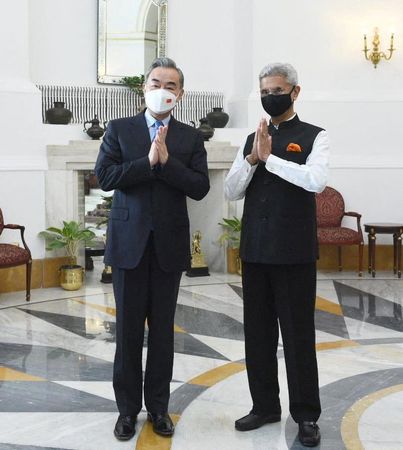
The Chinese in New Delhi: Indicators of an Altering World Order
 Fri, 01 Apr 2022
| Reading Time: 6 minutes
Fri, 01 Apr 2022
| Reading Time: 6 minutes

China’s Foreign Minister Wang Yi visited New Delhi on 24 March 2022, against the run of geopolitical play, adopting a visit format generally frowned upon by India. He decided to fly in after spending some time in Pakistan and came via the Kabul route, thus ostensibly returning the subcontinent to the hyphenated India-Pakistan days.
He also arrived in the wake of some awkward remarks he made about J&K at the Organization of Islamic Cooperation (OIC) Foreign Ministers’ meet at Islamabad on 22 March 2022, much to Pakistan’s pleasure. Also, good to observe is the fact that none of the OIC nations raised the issue of the ill treatment of Uyghur Muslims in China’s Xinjiang region over several years.
From all indicators it appeared that Wang was briefed to undertake the journey to New Delhi to gauge the sentiment here at a crucial time for China when worldwide equations are seen to be changing. Not since the transgressions of the Line of Actual Control (LAC) in April 2020 has there been an engagement between the two nations at this level in either country.
External Affairs Minister (EAM) Jaishanker and Wang have met in Russia during the SCO meeting and virtual meetings too have been held. For Wang to suddenly undertake this visit to New Delhi has been a bit of a surprise.
The broad explanation offered by analysts is all about President Xi Jinping’s desire that the upcoming BRICS summit, due in China in 2022, must have the full quorum; meaning that without PM Narendra Modi’s presence the summit would lose its value and China would be seen in extremely negative terms having been unable to host the full quorum of BRICS.
Recall the year 2017, when China was also the host for the BRICS summit at Wuhan. The 72-day Doklam standoff was finally called off by China to remove the compulsions which would have necessitated the Indian Prime Minister’s absence at Wuhan. The 19th Congress of the Chinese Communist Party which met a short while later in 2017 would not have been an elative event either for President XI, if a festering standoff was continuing at the Sino Indian border.
There is no doubt that given the circumstances of the Chinese intransigence in Eastern Ladakh and their refusal to budge towards any leeway in resolution of the border issue through withdrawal of the transgressions committed, PM Narendra Modi could possibly be looking towards ensuring his absence at the upcoming BRICS summit in China. Beijing would consider that as a dilution of its own role in global leadership due to the inability to carry even an important neighbour in a crucial summit it is hosting. There is yet time to go for the summit and there will be many more deliberations on the manner in which international strategic events pan in the future.
Thus, perhaps Wang Yi came with the hope of meeting PM Narendra Modi, a privilege he thought would be granted and expecting a grovelling India ready to engage with China unconditionally. Much against that, neither did India’s Prime Minister meet him nor did the nation grant him any protocol, except for a meeting each with the External Affairs Minister and the National Security Advisor (NSA) Ajit Doval. In those meetings too, India took a clear stance that the border issue, especially the transgressions and lack of any move by China towards vacation of these, is a major stumbling block in future political engagement.
Was India correct in snubbing the Chinese Foreign Minister? Considering the fact that PM Narendra Modi had personally led the campaign for betterment of ties with China and had established an excellent relationship with President Xi Jinping, the Chinese stab in the back in April 2020 could not be ignored with a ‘business as usual’ attitude two years later. It would send a very wrong message of Indian submissiveness.
It’s clear that Xi Jinping probably thinks that India would jump at the opportunity of restored engagement even as the military level border talks result in no progress beyond the first flush of disengagement in February 2021. India has evolved far beyond that.
In fact, it’s India’s steadily enhancing strategic confidence which in the first place unnerved China leading it to undertake an unthought through strategy of coercing India from April 2020 onwards, at the height of the pandemic. Transgressions across the LAC and an attempt at unnecessary intimidation in the Galwan Valley, finally led to mirror deployment of 50,000 Indian troops with full logistics in a matter of less than two months.
China would be seeking a climbdown from that aggression which brought the two nations close to war and continues to fester. However, it too is at odds to do so without losing face; a moral victory for India is not acceptable but under the altered circumstances swallowing the bitter pill may yet be tactically sagacious for China. The only thing is that it could be probing for openings that will result in an acceptable termination to the two-year standoff. India has taken the right approach of not being unnecessarily enthusiastic of engagement under the fast-changing circumstances.
Wang’s visit, though apparently connected to issues relating to BRICS and RIC, whose meetings come up this year in Beijing, was also perhaps doing some probing to see how India could be convinced to convert its neutrality over Ukraine to a decidedly more anti-US/NATO and pro-Russia approach. This would be with the purpose of upsetting the equations in the world order and more specifically in the Indo-Pacific.
The Quad configuration has demonstrated its propensity to remain flexible and adjust to India’s compulsions. In fact, we have recently witnessed many positives during the visit of the Japanese Prime Minister to New Delhi and the virtual summit between India and Australia. The US has made observations on the Indian predicament although not too strongly and even promised to make up for India’s shortfall in military hardware if it forgoes its Russian connection.
What China perhaps wants is that India’s stance towards Russia should go beyond just the military acquisitions domain. With the three nations being part of Shanghai Cooperation Organisation (SCO) and the RIC grouping, China and Russia perhaps perceive this as the time to dilute India’s Quad commitment and the overall emerging strategic partnership with the US. The upcoming visit by Russian Foreign Minister Sergey Lavrov could be seeking Indian backing in a more decided manner beyond the neutrality route.
The end of the war in Afghanistan and the commencement of the conflict in Ukraine within six months have been distinct events which acted as triggers towards changing strategic equations that can be sensed but not yet confirmed. The return of the US-Russia standoff of the Cold War era is imminent.
NATO has united quite unexpectedly and Europe has seen the commitment of nations such as Sweden, Switzerland and Finland committing themselves outside their declared stance of neutrality. The war in Ukraine is not one of those conflicts which will be forgotten overnight with peace gestures. This is almost akin to the World Wars which saw flawed groupings and arrangements for balance of power between big powers. This flow of events and actions by the West led by the US will shortly see Russia almost completely isolated and thus hugely dependent on China for diplomatic and psychological support in the emerging order; a danger the US is fully aware of.
It will also see a concentration of focus of NATO towards East and Central Europe, while China gets a reprieve in terms of the build-up and strategy to counter its rise, taking a relative backseat. The US and Europe are conscious that pushing Russia beyond a point is counterproductive and would make it much more unpredictable and dangerous. This realization perhaps did not find expression over the issue of seeking Ukraine’s NATO membership which is now clearly being seen as a mistake.
Russia’s future stance continues to remain unpredictable as it seeks face saving through partial achievement of some of its war objectives. It may be yet too early to determine the face of the international order post conflict termination in Ukraine. However, that the world will be different leaves no doubt.
India’s stated neutrality will make it an important player with its support, advice and involvement being considered significant by different groupings. The Chinese are obviously attempting to pre-empt and get the gist of sentiments before making further efforts. The last few days and the next few are going to witness a slew of important leaders making a beeline to New Delhi. We already had Victoria Nuland, Under Secretary of State and Daleep Singh, Deputy National Security Advisor, in Delhi to persuade the Government to look at other options.
India has to be mindful that its place in international equations is of high significance. The consequences of saying No to either side or maintaining a neutrality which may get construed as supportive of Russia has to be thought through. India has negotiated the minefield well thus far but there are yet miles to go towards evolution of anything which could be termed a new world order.
*******************
Disclaimer
The opinions expressed in this article are the author’s own and do not reflect the views of Chanakya Forum. All information provided in this article including timeliness, completeness, accuracy, suitability or validity of information referenced therein, is the sole responsibility of the author. www.chanakyaforum.com does not assume any responsibility for the same.
Chanakya Forum is now on . Click here to join our channel (@ChanakyaForum) and stay updated with the latest headlines and articles.
Important
We work round the clock to bring you the finest articles and updates from around the world. There is a team that works tirelessly to ensure that you have a seamless reading experience. But all this costs money. Please support us so that we keep doing what we do best. Happy Reading
Support Us





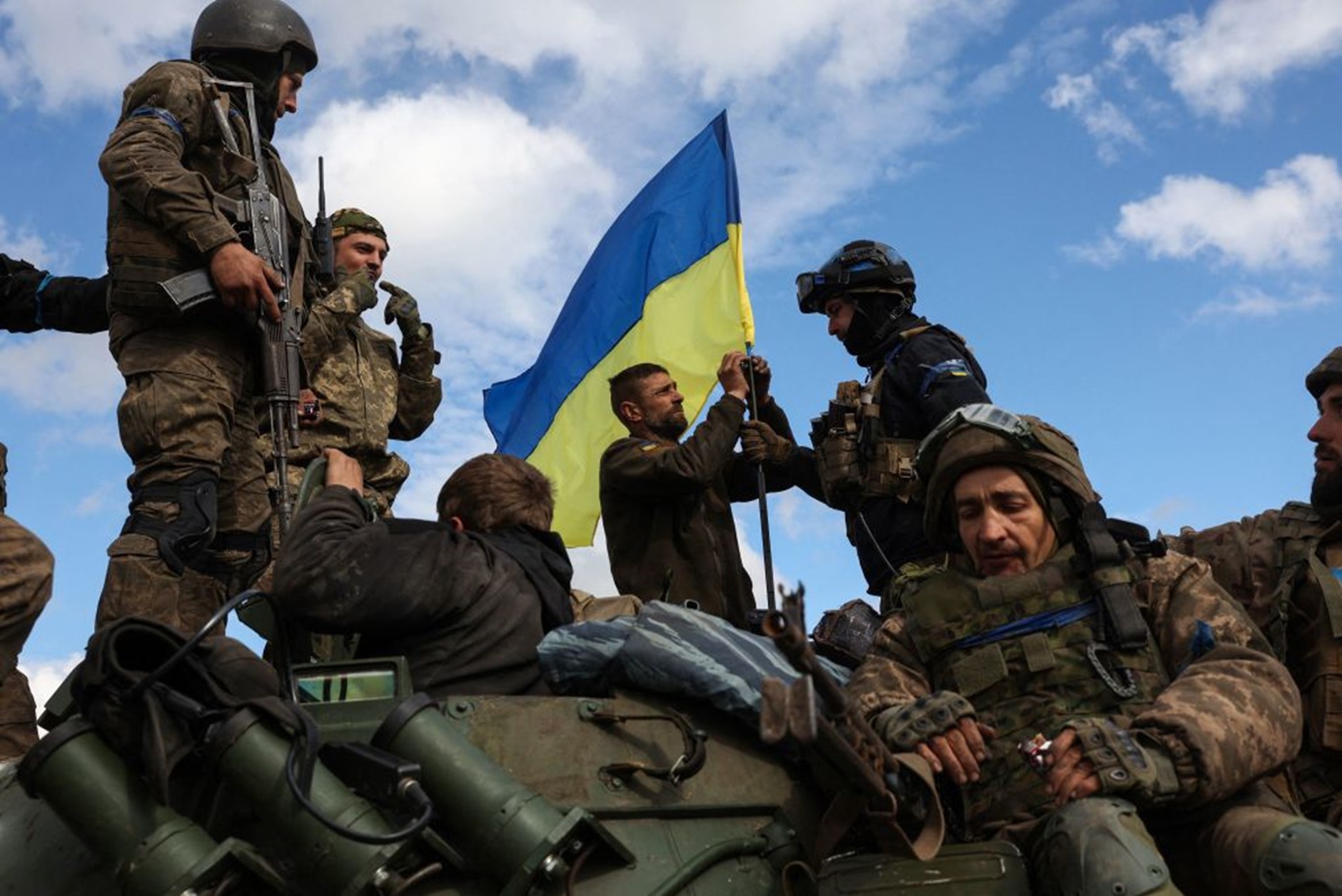
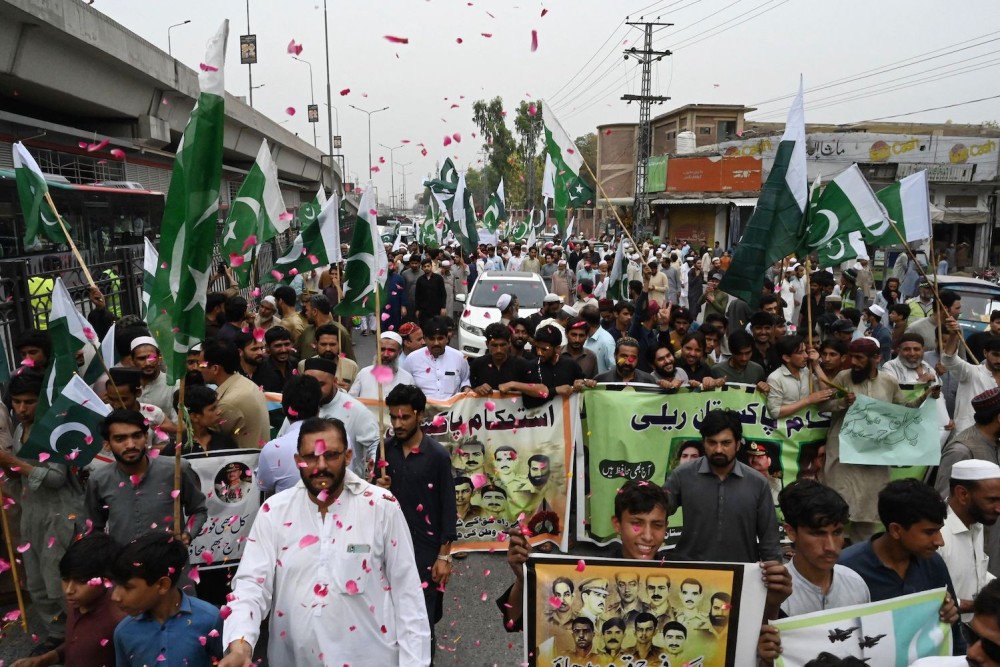
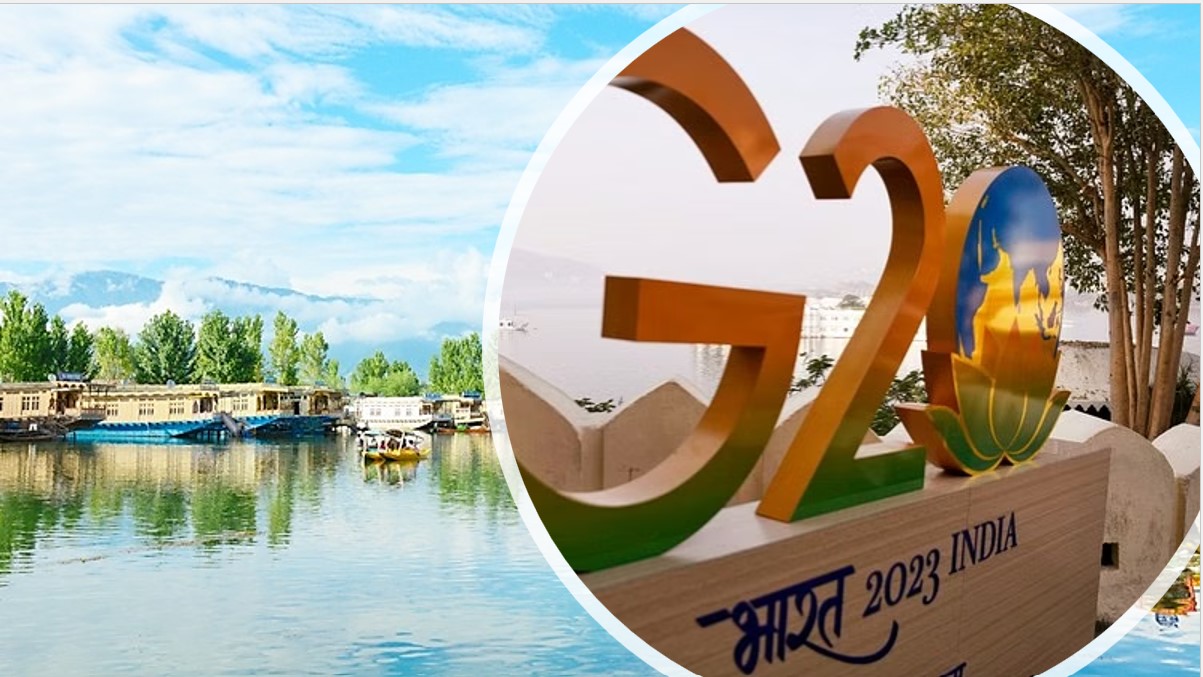
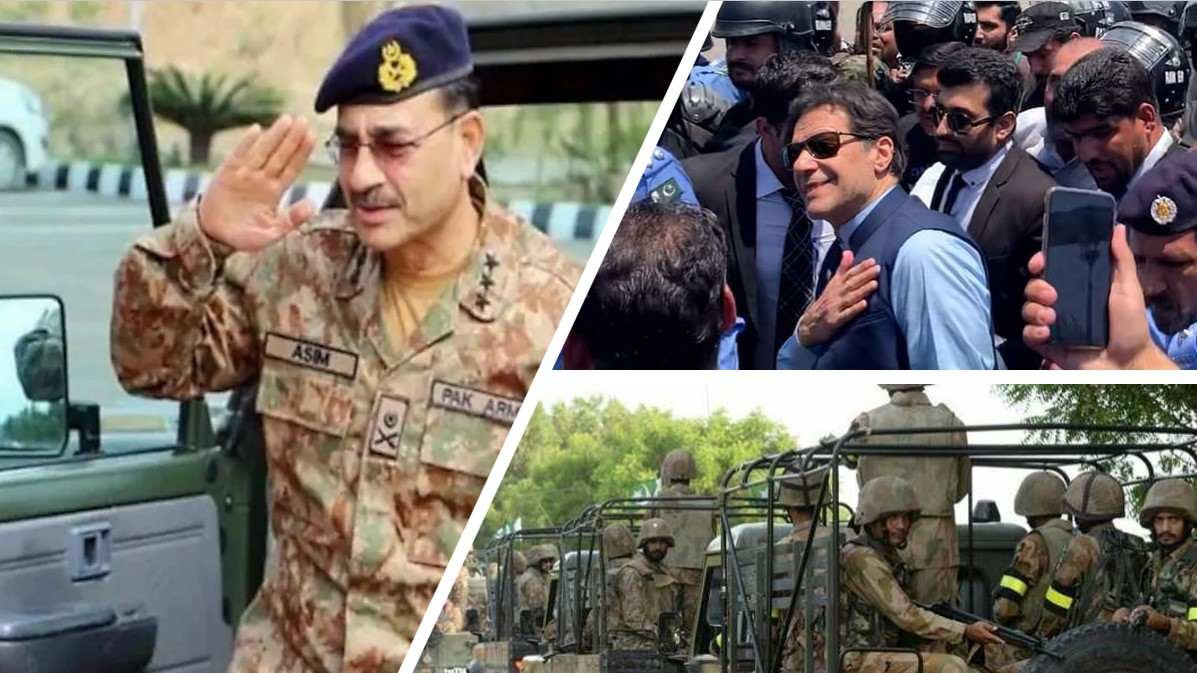
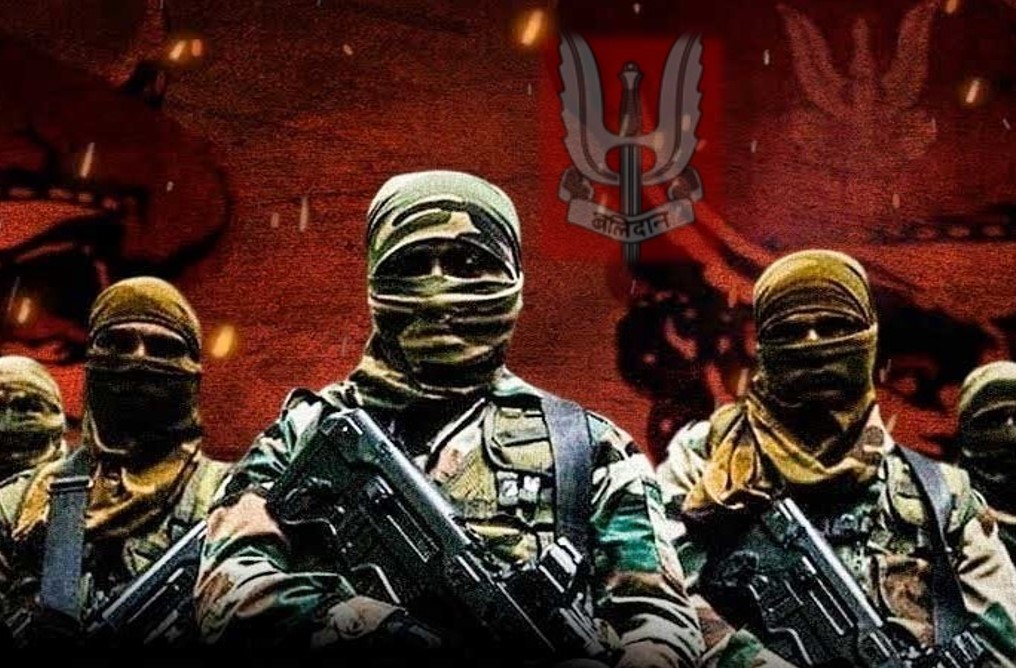
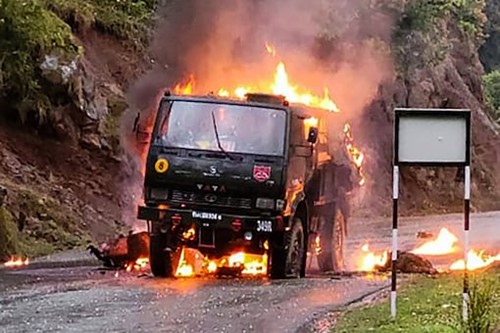

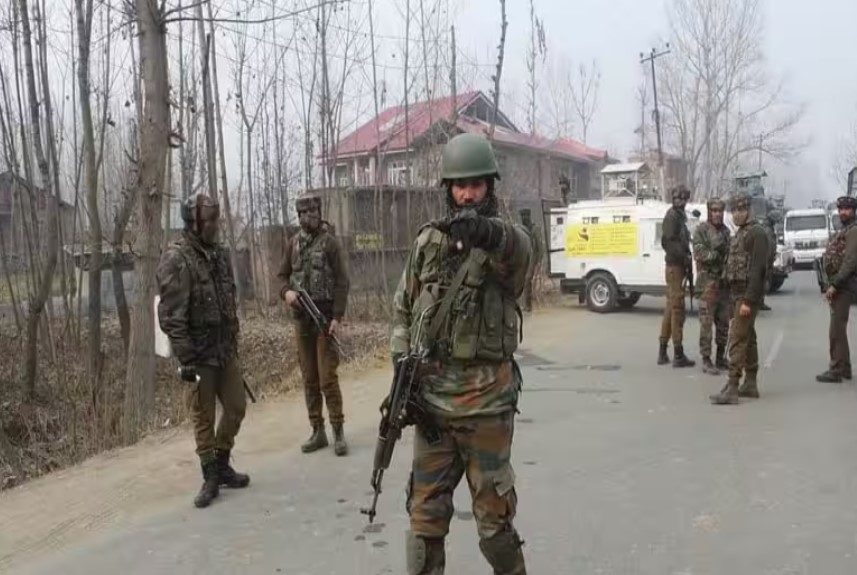
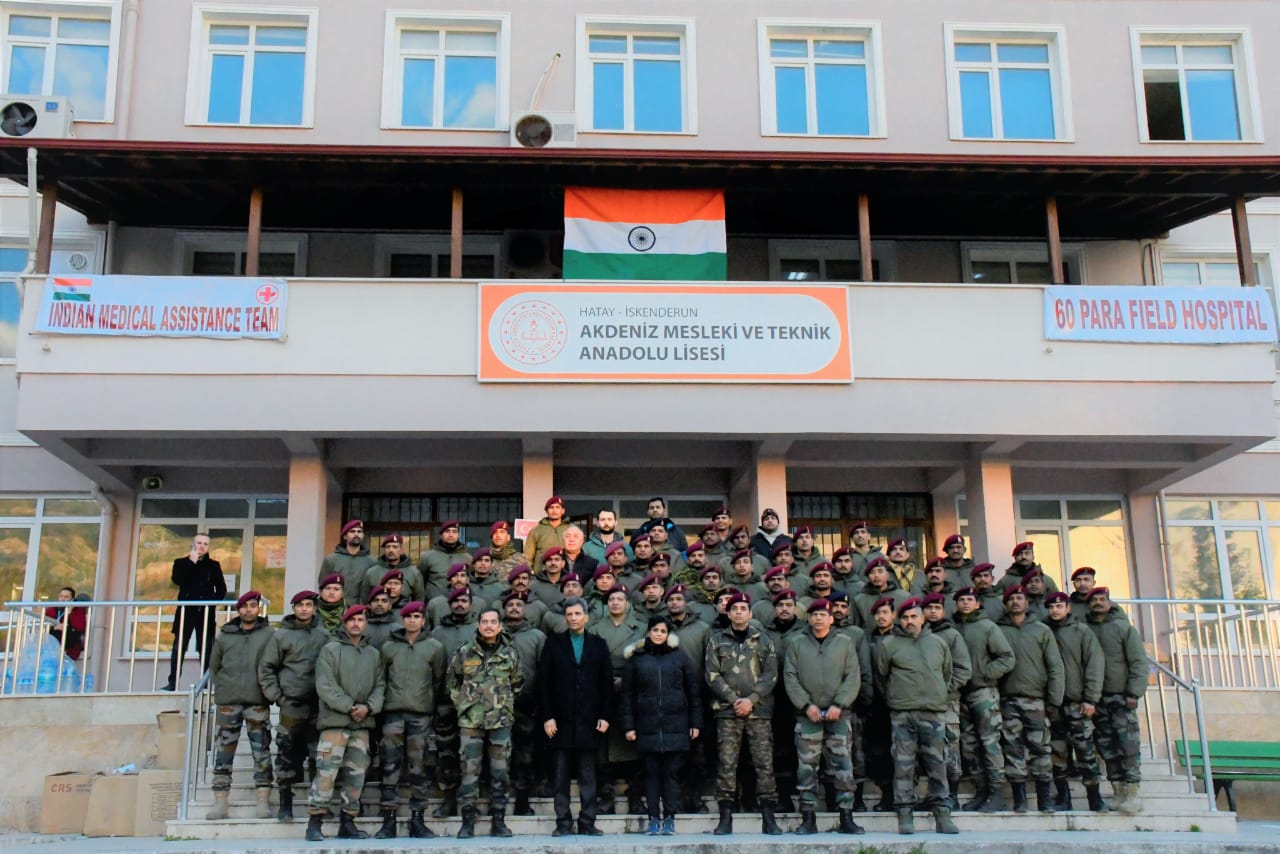
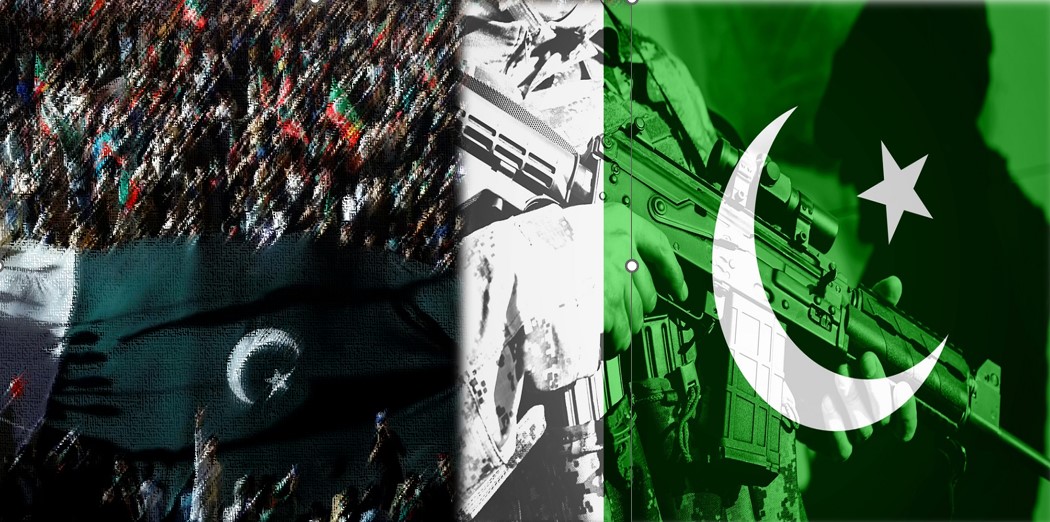






POST COMMENTS (4)
Anisha Das
Kalidan Singh
ASHOK IYER
Naveen